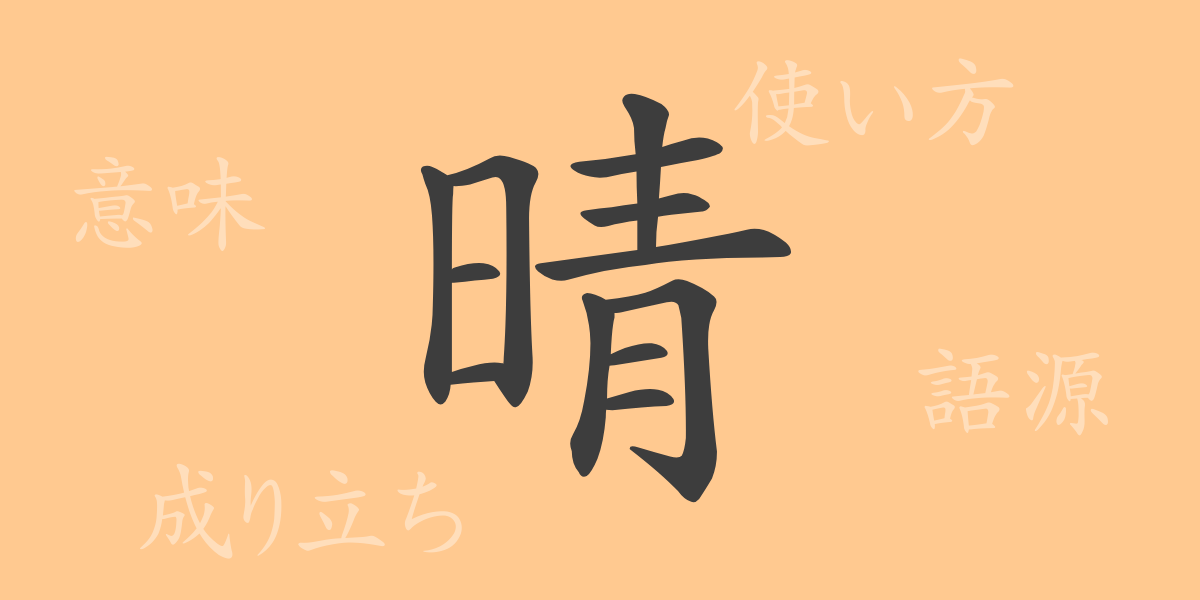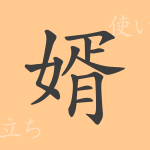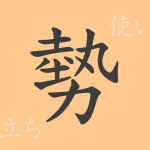The Japanese language vividly reflects the changing seasons, deeply intertwined with our everyday lives. The kanji ‘晴’ (はれ) symbolizes bright and refreshing weather, uplifting people’s spirits. This article delves into the allure of the common kanji ‘晴’, exploring its origins, meanings, uses, pronunciations, and even idioms and proverbs associated with it.
Origins of 晴
The character ‘晴’ comes from ancient China, originally depicting the sun dispersing clouds. It represents the sun shining bright and clouds clearing to reveal a bright sky, a significant character related to weather. Initially composed of the elements ‘日’ (sun) and ‘青’ (blue/green), it evolved over time into its current form.
Meaning and Usage of 晴
‘晴’ refers to clear, cloudless weather and, metaphorically, to situations where worries clear up, leaving a serene state of mind. It’s used in expressions like ‘晴れ’ (clear weather) and ‘晴天’ (clear sky), and to describe a clear heart with ‘心晴れる’.
Pronunciations, Stroke Count, and Radical of 晴
The kanji ‘晴’ offers fundamental insights into its structure and significance in Japanese.
- Pronunciations: On’yomi ‘セイ’; Kun’yomi ‘はれ’
- Stroke count: 12 strokes
- Radical: ‘日’ (にちへん – sun radical)
Idioms and Proverbs Using 晴
‘晴’ is featured in various idioms and proverbs, illustrating its broad applicability and cultural significance.
- 晴耕雨読 (せいこううどく) – Literally ‘farming in the sun and reading in the rain’, symbolizing a life of peaceful, regular habits or serene retirement.
- 天晴れ (あっぱれ) – Used to describe actions that are admirable or excellent.
- 晴天の霹靂 (せいてんのへきれき) – Like thunder from a clear sky, this phrase denotes sudden, unexpected events or calamities.
Conclusion on 晴
The character ‘晴’ transcends its literal meaning of clear weather to reflect brightness in life and emotions. It holds a significantly positive connotation in Japanese, enhancing expressions of light and clarity. Through this article, we rediscover the profound meanings and charm of ‘晴’, reflecting how it resonates within our lives and language.

























